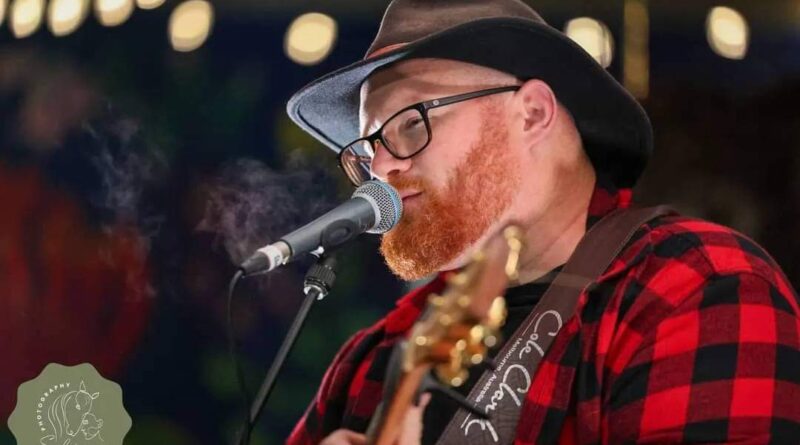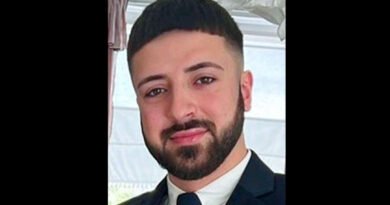Mick Harrington from The Voice: Embracing Country, Conservative Values On and Off the Stage
Singing the Outback’s stories: Mick Harrington discusses conservatism, country music, and regional pride.
Mick Harrington, a grand finalist in the singing reality TV series, The Voice, also serves as a voice for rural Australia, embodying the country values that shape his identity.
From performing the national anthem at the Supercars and Superbikes events to his work with Nationals MP Tim Bull, Mick’s dedication to these values is profound.
“I’ve been active in conservative politics in recent years and have enjoyed every moment of it, advocating for rural communities and engaging with individuals who share love for our country, know the national anthem by heart, and enthusiastically sing it,” Harrington shares with The Epoch Times.
The singer participated in season 10 of The Voice on Team Jess (Jessica Mauboy).
Harrington’s strong connection to Australia’s heartland extends beyond politics.
He has run for both the Senate and the Legislative Council, striving to ensure that the voices of outback residents are not drowned out by the noise of larger cities.
“Many discuss conservative principles, but for me, it boils down to freedom. It’s about granting individuals the freedom to speak their minds, even if we disagree, and ensuring that governments fulfill their essential roles without interfering in family matters,” Harrington explains.
His vision for rural Australia is straightforward: a place where people can live and work according to their values without unnecessary government intervention.
In his music, Mick stays true to these country ideals, drawing inspiration from both Australian and American country artists who celebrate rural life.
While he respects Australian country singer John Williamson’s achievements, Mick distances himself from Williamson’s criticisms of the timber industry, choosing to embrace the industries that support regional areas.
“As I’ve matured, I’ve discovered my true passion lies somewhere between country and folk music—narrating the stories of Australians, Australian landscapes, and what this country truly means to me,” he shares.
What the US and Australia Share
Mick’s longing to perform in small American towns is another highlight.
“I believe performing in such venues would complement my repertoire perfectly. I enjoy creating an intimate connection with the audience and demonstrating that a grand band or elaborate production isn’t necessary to engage people; storytelling is key,” he adds.
The allure of Australia is mirrored in the diverse landscapes of the United States.
“What makes Australia beautiful is, in many ways, what makes the United States beautiful. Both countries boast diverse natural environments, much like each other. I believe this will be a focal point of one of my new songs,” he anticipates.
Music Reflecting Values
However, beyond his music, Mick is clear about his role as an artist and a citizen.
“I may be a musician and love that, but I don’t see it as my responsibility to instruct people on voting or thinking. I present my opinion, and individuals can form their own conclusions. That’s the beauty of our country,” he affirms.
His stance on the Voice to Parliament referendum, striving to embed an Indigenous advisory body into the Constitution, reflects this belief.
“I publicly announced my decision to vote ‘no’ on the referendum. Some disapproved of my choice and were quite harsh about it. But as a citizen, it’s my right. I did my research, listened to both sides, conversed with friends, including Indigenous individuals, and made my decision,” he recounts.
For Harrington, music and politics are intertwined, always respecting individual freedom.
“When attending a major concert, the last thing I want is to be steered towards a specific political agenda. I just want to enjoy the music. Similarly, that’s my objective—to sing and perform admirably,” he concludes.
The artist laments the disconnect many current artists have from their origins, compromising their values for commercial opportunities and sponsorships.
“I used to view artists as individuals seeking freedom and autonomy. But now, it seems easier to attract crowds if you conform to external expectations,” he observes.
“We need to return to a point where we can hold diverse political views but unite to support one another, as siblings under our flag,” he advocates.



